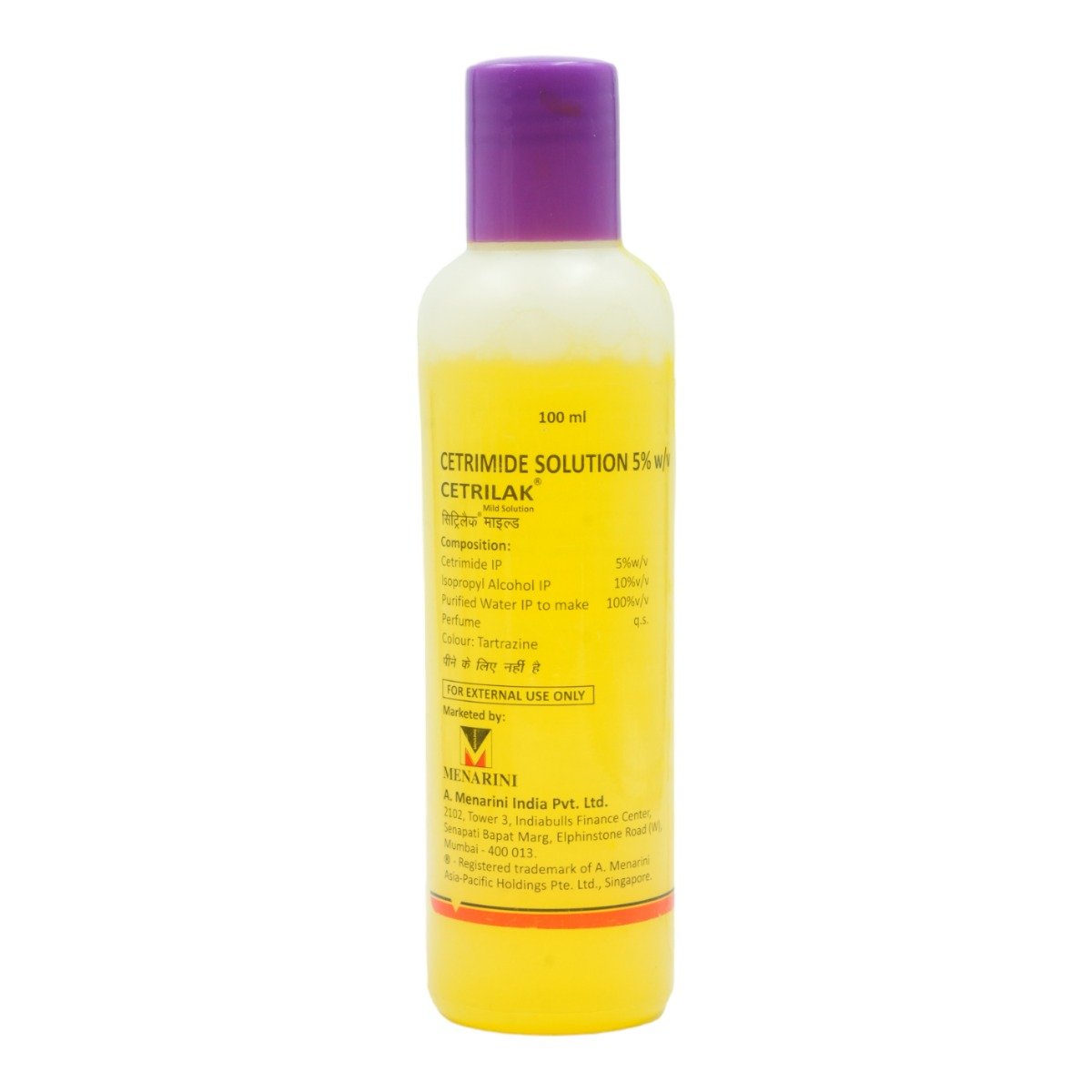Cetrimide
About Cetrimide
Cetrimide belongs to a class of drugs called 'antiseptic' primarily used to treat wounds, cuts, and minor burns and protect against infection. In addition, it is also used to treat sunburns, spots, Seborrhoeic dermatitis and pimples.
Cetrimide contains Cetrimide, which is available in soap, lotion and cream form. It has antiseptic, anti-bacterial and anti-fungal properties. It works by preventing microbe growth and hence treats the infection.
Cetrimide has some common side-effects, which include skin rash, red or itchy skin (allergic reaction), and skin irritation (occasionally) in some cases. Most of these side effects of Cetrimide do not require medical attention and gradually resolve over time. However, if the side effects persist or worsen, please consult your doctor.
If you are allergic to Cetrimide or any other medicines, please tell your doctor. Cetrimide is for external use only. Avoid contact of Cetrimide with nose, ears, mouth or eyes. If Cetrimide comes in contact with these areas accidentally, rinse with water thoroughly. If you are pregnant or a nursing mother, please inform your doctor before taking Cetrimide. Avoid using Cetrimide in large amounts or use for a long time than prescribed as it does not give quick or better results but increases the risk of side effects.
Uses of Cetrimide
Medicinal Benefits
Cetrimide contains 'Cetrimide', which is an antiseptic. It heals and soothes wounds, cuts, grazes, and minor burns. It also protects the body against infections. It also reduces sunburn, spots, pimples and erythema (skin redness). It is also used to clean small wounds. In addition, it is also used to treat dry, chapped skin, insect bites, and nappy rash. It has anti-bacterial, anti-septic and anti-fungal properties. It works by destroying or inhibiting the growth of disease-causing bacteria.
Directions for Use
Storage
Side Effects of Cetrimide
- Skin rash
- Red or itchy skin (allergic reaction)
- Skin irritation (occasionally)
- Burning sensation
Drug Warnings
If you are allergic to cetrimide or any ingredient of Cetrimide let your doctor know about this. Cetrimide is for external (dental) use only, so do not swallow or ingest it. Avoid contact of Cetrimide with nose, ears, mouth or eyes. If Cetrimide comes in contact with these areas accidentally, rinse with water thoroughly. If you are pregnant or a nursing mother, please inform your doctor before taking Cetrimide. Avoid using Cetrimide in large amounts or use for a long time than prescribed as it does not give quick or better results but increases the risk of side effects.
Drug Interactions
Drug-Drug Interaction: No interactions found.
Drug- Food Interaction: No interactions found.
Drug-Disease Interaction: No interaction found.
Drug-Drug Interactions Checker List:
Safety Advice

Alcohol
cautionThe interaction of Cetrimide with alcohol is unknown. Please consult a doctor before consuming alcohol while using Cetrimide.

Pregnancy
cautionCetrimide is not recommended for use in pregnancy unless necessary. All the risks and benefits should be discussed with your doctor before using this medicine.

Breast Feeding
cautionCetrimide is not recommended for use in breastfeeding unless necessary. All the risks and benefits should be discussed with your doctor before using this medicine.

Driving
safe if prescribedCetrimide usually does not affect your ability to drive or operate machinery.

Liver
safe if prescribedIf you have liver problems, please consult your doctor before using Cetrimide.

Kidney
safe if prescribedIf you have kidney problems, please consult your doctor before using Cetrimide.

Children
safe if prescribedCetrimide is safe for children if prescribed by a doctor. Always use it in the dose and for the duration prescribed by your doctor.
Habit Forming
Diet & Lifestyle Advise
- Include whole grains and alkaline fruits and vegetables.
- Eat a healthy, well-balanced diet. Include multivitamins, especially B12, folate, zinc and iron.
- Maintain good dental hygiene, especially in the areas infected.
- Apply ice or damp tea bags to numb the pain.
Special Advise
- Avoid contact of Cetrimide with nose, ears, mouth or eyes. If accidentally, it comes in contact, wash your eyes, nose and mouth with plenty of water.
- Protect the wounds and cuts with a dressing if required.
- Avoid taking Cetrimide for longer than the prescribed time.
Patients Concern
Disease/Condition Glossary
Erythema: It is redness of the skin or mucous membranes, mainly caused due to increased blood flow (hyperemia). It generally occurs with a skin infection, injury or inflammation.
Acne: It is a skin problem that occurs when your hair follicles are clogged with oil and dead skin cells. It causes whiteheads, blackheads or pimples. It is most common among teenagers.
Sunburn: It is referred to as red (sometimes swollen), and painful skin caused due to overexposure to ultraviolet (UV) rays from the sun. A sunburn can be mild or severe depending upon the intensity of sun rays.
Seborrhoeic dermatitis: A skin condition that causes scaly patches and red skin, mainly on the scalp. It can also occur on oily areas of the body, such as the face, upper chest and back.
FAQs
Cetrimide contains Cetrimide, which has antiseptic, anti-bacterial and anti-fungal properties. It works by preventing microbial growth by interfering with cell wall formation. Hence, helps to treat the infection.
If Cetrimide is swallowed accidentally, immediately drink plenty of water. If you feel irritation in the throat or if it persists, please visit your doctor.
Please do not stop using Cetrimide without consulting your doctor, even if you find symptomatic relief, as discontinuing suddenly may worsen the condition. Therefore, complete the full course of Cetrimide as your doctor has prescribed it, and if you experience any difficulty while using Cetrimide, please consult your doctor.







